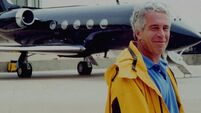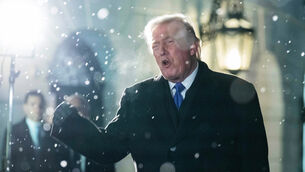Thai demonstrators promise 'final stand'
Thousands of troops fired warning shots and tear gas at anti-government protesters rampaging across Bangkok today, forcing demonstrators to regroup for what organisers said would be a “final stand”.
For 12 hours, red-shirted protesters and the soldiers fought a series of running street battles that left at least 79 people injured in a major escalation of the country’s ongoing political turmoil.














